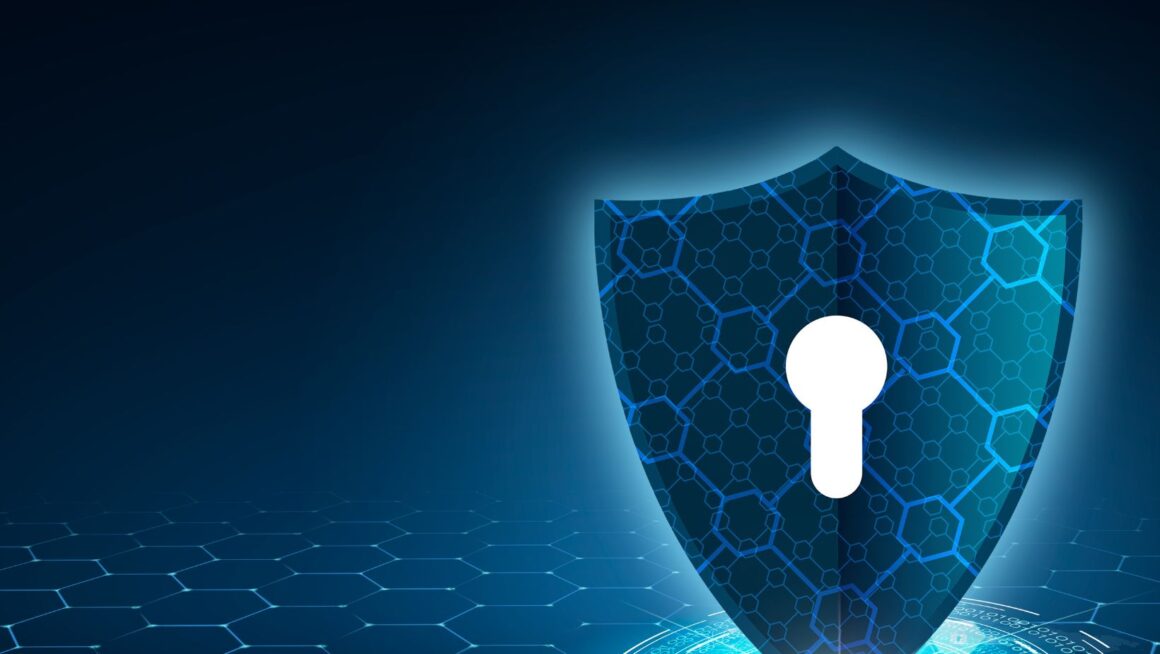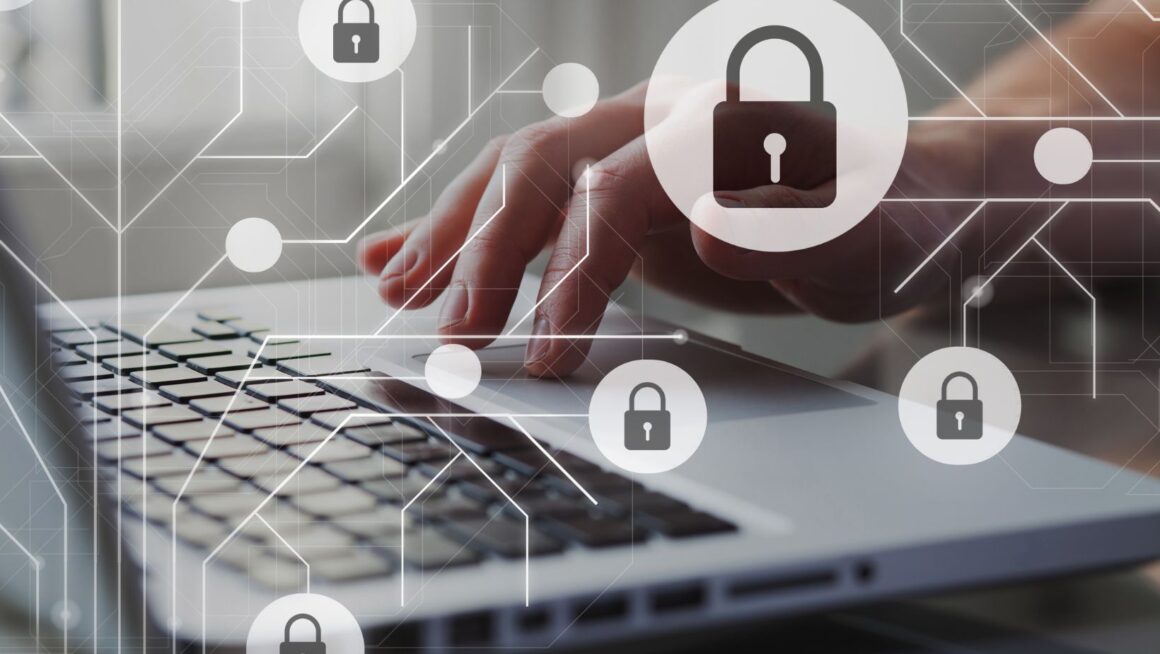In the technological era, almost everything we do happens online. Whether it’s shopping, working, studying, or gaming, many of our activities revolve around the digital space. That’s why it’s necessary to protect your digital footprint.
And yes, you don’t need to be tech-savvy to boost your online security. Even though the tech world has its complexities and might seem to be a world only techies can understand, there are simple ways that everyday internet users can protect their online presence.
Instead of focusing on sophisticated cybersecurity measures like firewalls, encryption, network access control, or intrusion detection systems, we’ll focus on simple measures you can employ. Some of these measures are even free.
-
Use Strong Passwords
As simple as a password is, it might cost you a lot if compromised. Whenever you are signing up for anything online, you’ll need to set up a password. However, what makes a strong password? For starters, avoid using common and easily guessable info like your birthday, pet names, or repeating your email address.
A strong password must be a mix of various letters, numbers, characters, and symbols. Some sites will prompt you that your password is invalid if it doesn’t meet such criteria. Since this can make your password hard to remember, you can always look for credible password manager software that can store and help you come up with safe and unique passwords.
-
Enable Two-Factor Authentication
Beyond having a password you can count on, you can always enable two-factor authentication, or 2FA, in all your verification processes. This adds an extra layer of security whenever you try to sign in or complete a transaction online.

After signing in, the 2FA process can be a code sent to your phone or email, a call to your number, or a biometric feature like a fingerprint scan. Even if someone unauthorized tries to access your account, they’ll fail the 2FA step. The two-factor authentication system is a great security addition to online accounts with sensitive personal or financial details.
-
Use A VPN
In the fight for data privacy, a VPN is an essential tool of war. Have you ever come across an ad showing something you had just searched or talked about? Well, that’s enough of a reason to consider using a VPN. Whenever you’re on the internet, your digital footprint is captured by your internet service provider (ISP) or third parties who normally sell your data to ad companies.
To avoid this, you can use a VPN, which will connect you to one of their servers and mask your IP address, thus protecting you from prying eyes. That’s why the VPN business is big nowadays and almost everyone has an account. In Canada, for instance, up to 42% of the population uses a VPN to keep them safe online.
Even though there are free VPNs, it’s always best to go for a paid one because it will offer more robust security features. One of the industries hackers and fraudsters target to steal information and money is online gaming, especially casinos.
Since online casino gaming in Canada is legal and attracts many players, a VPN is an excellent idea to protect your data. The top online casinos in Canada will already have airtight security features like SSL encryption, but you can always top it up with VPN access to keep your gaming 100% safe.
-
Be Wary of Phishing Attempts
Phishing is a common online scam where the perpetrators send you an email or link pretending to be from a reputable company so that you can reveal sensitive information like your bank account details. So, before you click on any link from an unknown source, make sure you check the sender and the organization to see whether they are familiar to you.

You can also hover over the links to check the actual URL before clicking. It might seem small, but it can save you from being compromised. Lastly, avoid opening suspicious attachments from unfamiliar emails. Doing so will prevent exposing your computer to worms, Trojans, and viruses.
Other Simple Ways to Keep You Safe Online
Besides the measures mentioned above, there are still several other ways you can stay safe online. We know that public Wi-Fi is tempting, but it can easily get you compromised. When using one, avoid accessing your online banking accounts. It’s also a good idea to keep your software updated to patch any vulnerabilities concerning your security.
As a last resort, consider backing up your data beforehand in case of a breach. Options like cloud storage are a great way to back up your data and you can retrieve it when lost.



